Affiliate links on Android Authority may earn us a commission. Learn more.
Unlocked phones vs carrier phones: What are the differences and benefits?
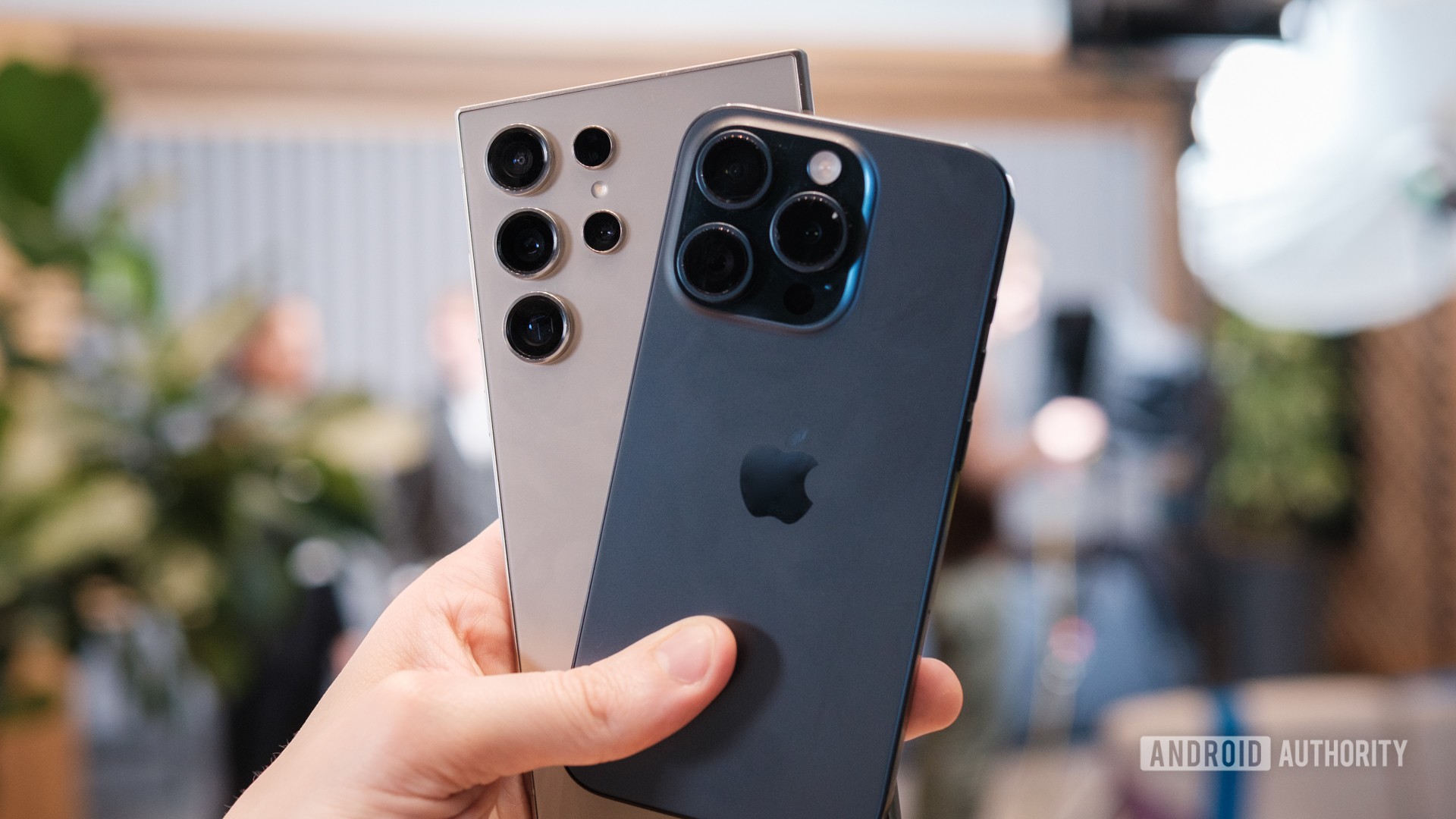
When smartphones were just starting to become a thing, many eons ago, the most obvious way to get one in the United States was simple: visit your carrier outlet of choice and buy whichever device the salesperson convinced you was the best.
Nowadays, things aren’t so simple — and that’s a good thing. You’re no longer dependent on what your carrier sells, because you can easily buy unlocked phones from all over the world. But what exactly are the differences when you look at unlocked phones vs carrier phones?
Never fear, because we’re going to lay out all the info you need to know about the advantages — and disadvantages — of buying your next smartphone the classic way (through your carrier) or unlocked, which is quickly becoming the default way.
Follow along as we break it down: unlocked phones vs carrier phones!
Unlocked phones vs carrier phones: A primer
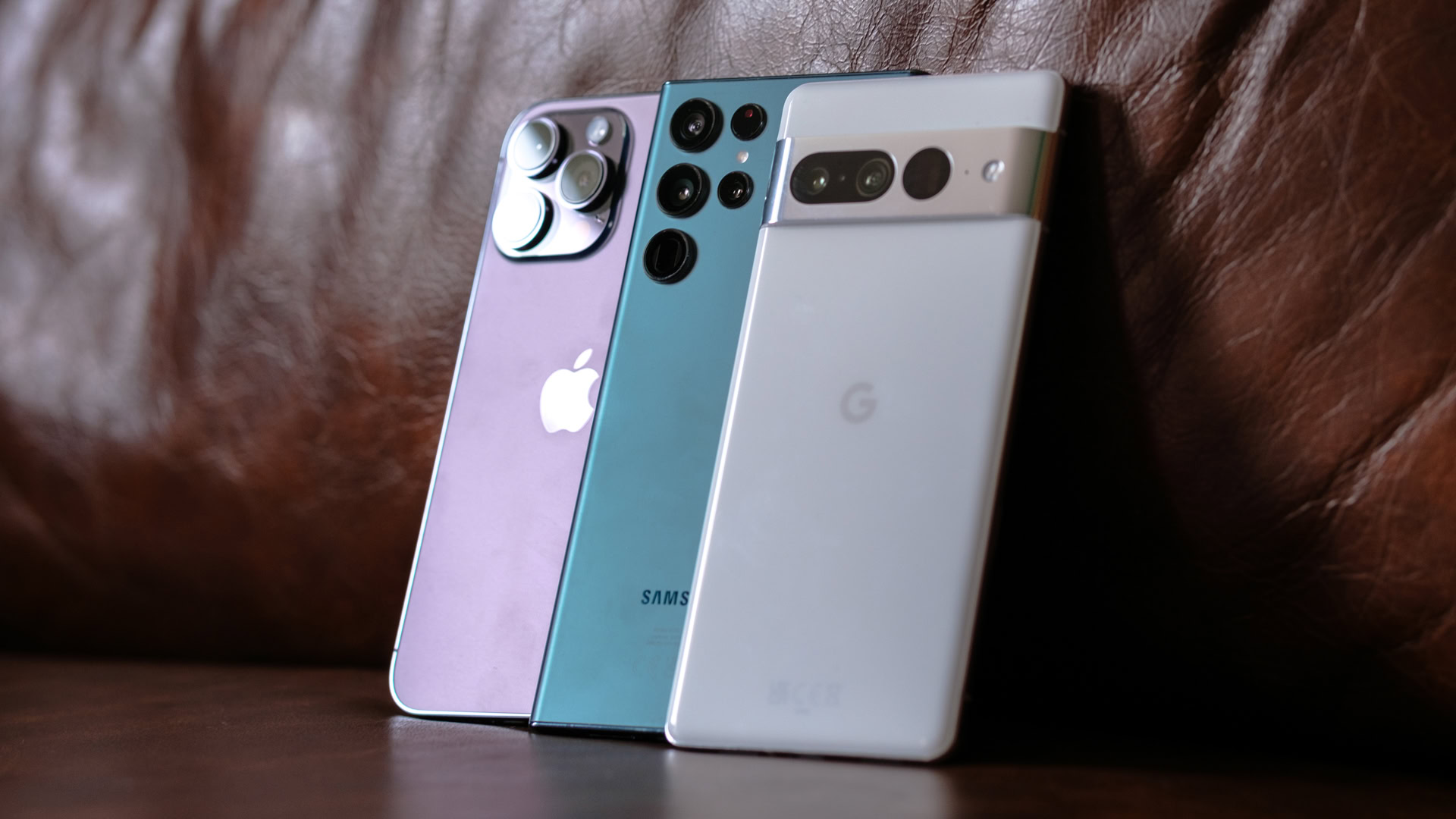
Before we get into the advantages and disadvantages of either option, let’s talk basic definitions.
In general, a carrier phone — also known as a locked phone — is sold through a wireless carrier or a third-party partner (such as Best Buy). It’s either already attached to your wireless account when you buy it, or will immediately attach when you first set it up.
Carrier phones are almost always locked exclusively to that provider. In other words, you can’t buy a phone through Verizon and then immediately take it to AT&T. You can remove this lock, but there are usually significant requirements involved (more on that in a bit).
Unlocked phones are frequently available through carriers and third-party retailers, but are also sold directly by manufacturers. They may or may not come with a SIM card, but above all, there’s no prerequisite to sign up with a service. You can bounce from one carrier to another as often as you see fit.
Now that you understand the core differences, let’s break down why you should (or shouldn’t) buy unlocked or carrier locked.
Carrier phones: Advantages
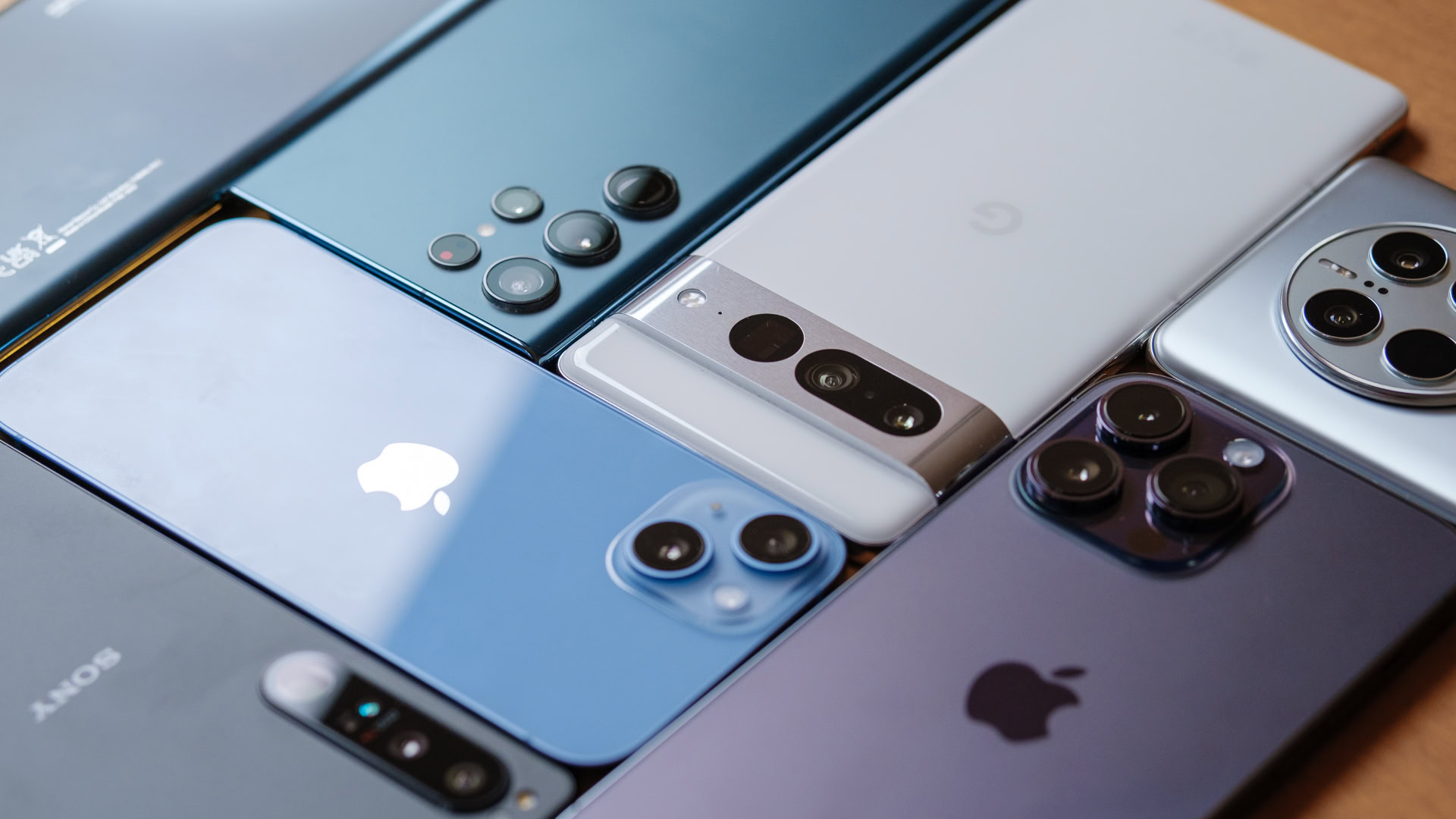
The biggest advantage is that the carrier will often help you pay for it. In many cases you won’t need to pay for a device outright, which is helpful when many flagship phones are topping the $1,000 mark.
Instead you’ll be asked to pay a portion of the cost upfront — kind of like a down payment — and then pay the rest over a period of time. This upfront deposit could be anywhere from zero dollars to hundreds of dollars, depending on the price and popularity of the phone. Don’t expect an S24 Ultra to come cheap.
You may be able to earn discounts if you have good credit and a carrier account in good standing. This could be anything from a percentage discount to a buy-one-get-one-free deal, which we see quite often. You could also get some free gifts with your purchase, such as a case or wireless earbuds.
The biggest reason to buy carrier-locked is that you likely won't need to pay for it all at once.
As an added incentive, once you buy a carrier phone, you now have an easy way to get support and service. If you find something confusing, you can visit your local carrier outlet and they’ll be obligated to help you. If your phone has some physical defect, your carrier can help you get it fixed.
Speaking of repairs, carriers usually offer their own insurance plans, which could be cheaper or more comprehensive than plans offered by manufacturers. This will give you peace of mind if you buy an expensive new flagship.
Finally, you can rest assured a device will be specifically configured to work well on your carrier’s network. In other words, if you buy a Verizon device, you know it will work well on the Verizon network and take advantage of all the features you’d expect.
Carrier phones: Disadvantages
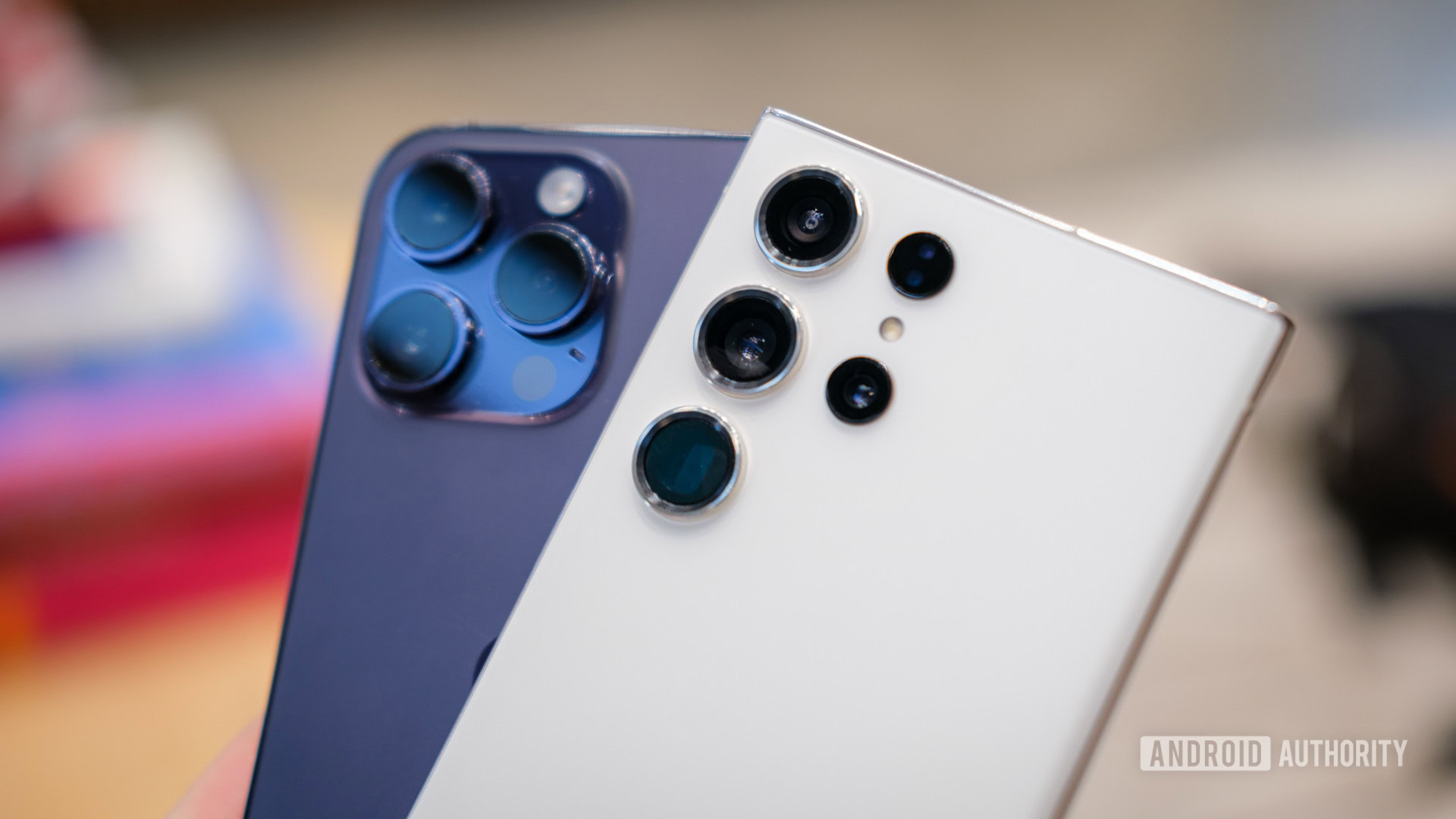
The biggest disadvantage of buying a carrier-locked smartphone is just that: you can’t take it anywhere else. If you’re not buying a phone outright, it isn’t technically yours until you pay it off. Never buy a locked device from a carrier you’re unsure about, or else you may have to suffer through the end of your contract.
Even after you’ve fully paid off a phone, carriers can make it difficult for you to unlock it. In many cases you need to contact your carrier and request an unlock, after which there could be a waiting period. This is especially annoying when you move to a new place where your current carrier’s service is weak. It’s also bad if you do a lot of traveling and like to swap SIM cards to access cheaper local carriers.
You give up a lot of freedom with carrier-locked phones, both from the carrier and on the device itself.
Another disadvantage is that you’ll sometimes pay more for a device in the long run than you would if you’d bought it outright. Carriers will generally charge you the list price for a smartphone, but that same product’s price may be lower at other merchants. Since you’re paying a small amount monthly, carriers can easily “hide” the overall cost of a device from consumers who aren’t savvy regarding price comparisons.
A final drawback is limited selection. Carriers are only going to sell the products they feel have large profit potential, or at least come required as part of a manufacturer deal. That can exclude niche but otherwise excellent options such as the Nothing Phone 2.
Unlocked phones: Advantages
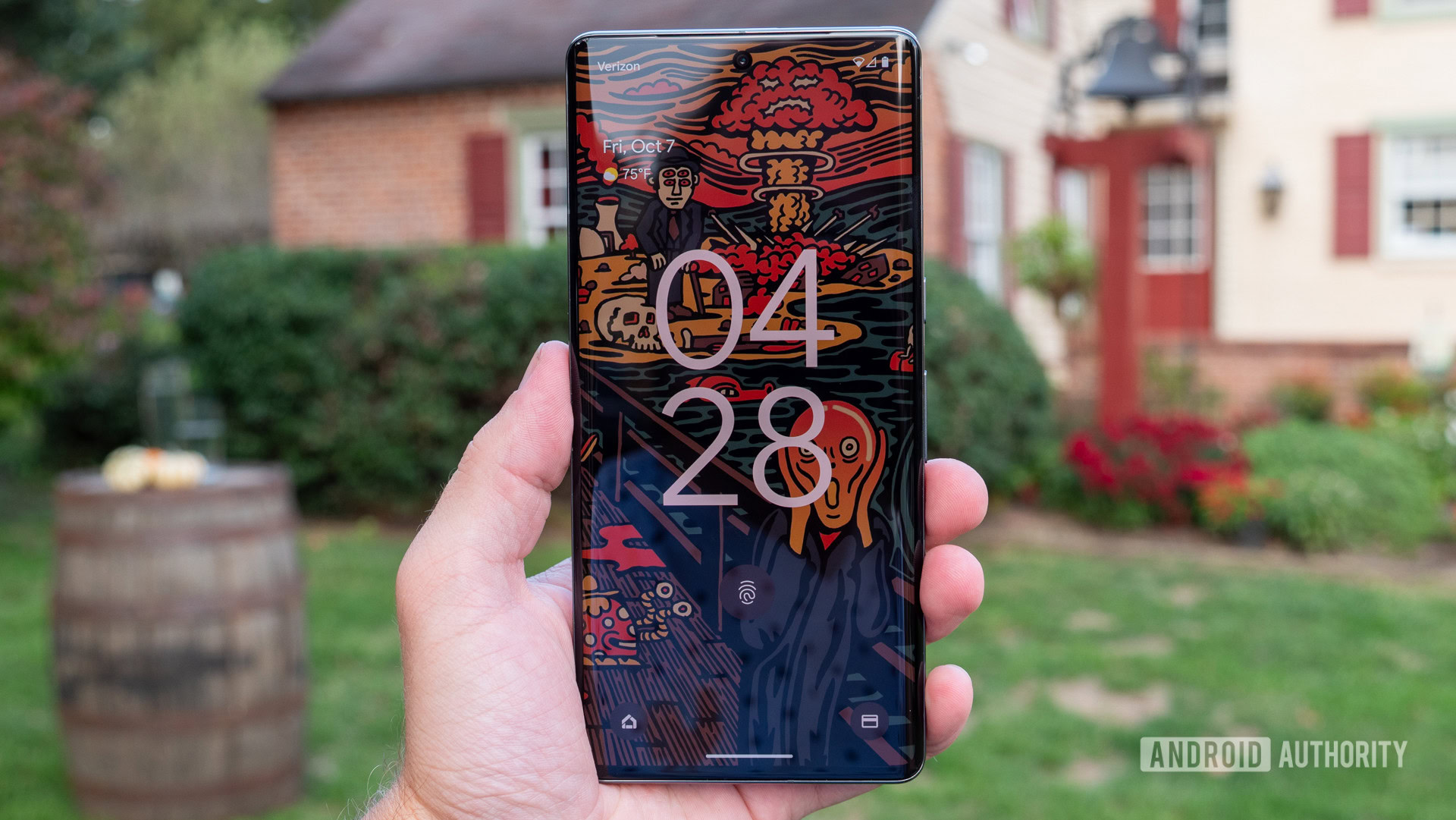
An unlocked phone is automatically yours, so you can do whatever you want with it. If you want to try out one carrier for a month and then another, that’s possible. If you don’t want any carrier attached, you can turn off cellular and use Wi-Fi.
You also get to choose from hundreds of devices from dozens of manufacturers worldwide. There may still be some limits to this (which we’ll discuss in the next section), but your catalog is exponentially larger. You can hunt for the perfect device at the best possible price.
Buying unlocked allows you to get nearly any device and use it on nearly any carrier. It's true freedom.
Going unlocked additionally opens access to more used phones. Used devices can potentially save you hundreds of dollars, the main concerns being finding something that’s recent and doesn’t have any defects, like a degraded battery.
Unlocked phones always receive software updates direct from the manufacturer, which usually means those updates come faster and more frequently. Sometimes this can be reversed, but in most cases, an unlocked phone will have the edge.
Lastly, unlocked devices don’t come with any carrier bloatware apps you’ll never use. Carriers may even prevent you from purging bloatware, at least without modifications that could void your warranty. Most unlocked devices come with minimal bloat; even if they do, you can usually get rid of it.
Unlocked phones: Disadvantages
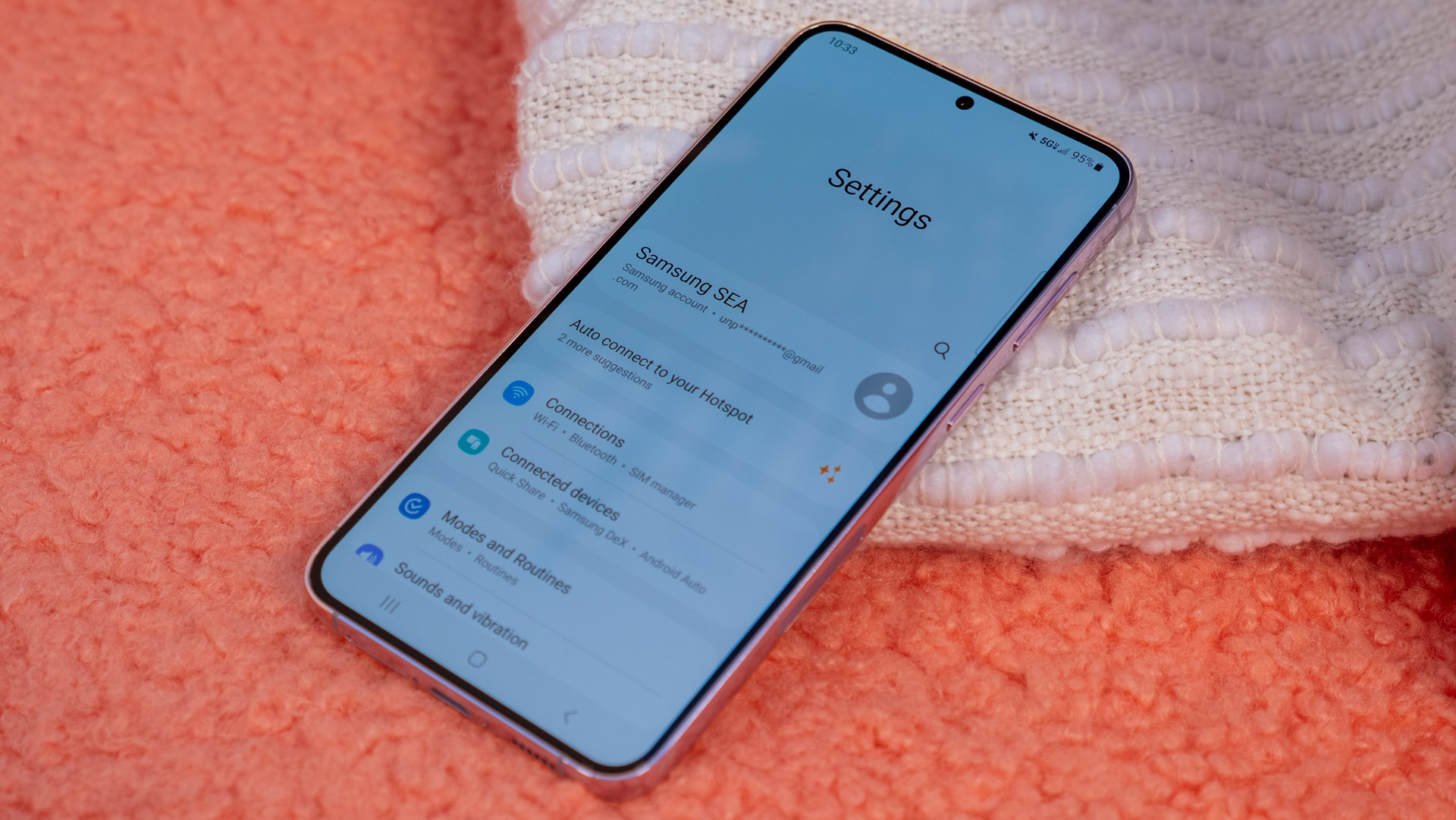
The biggest disadvantage of buying unlocked is that you usually need to pay in full, all in one transaction. This can be a daunting prospect, since as we’ve mentioned, many flagship devices these days can cost as much as your rent.
There are ways around this. PayPal, for example, has a credit plan that gives you six months of interest-free credit. Credit card companies sometimes offer payment plans to help break down the price of high-ticket items into smaller chunks, and some manufacturers will offer interest-free payment plans right on their websites. Even that might be too much for some people though, and some plans increase the overall cost. Think twice about buying an iPhone 15 if you’re a struggling college student.
With great freedom comes great responsibility, and unlocked phones require you to be savvy enough to use them.
Another disadvantage of buying unlocked is that some phones may not support the wireless bands of your preferred carrier(s), especially if you’re importing one from overseas. You’ll have to research both phone specs and carrier bands. As a broad rule, you can assume a new 4G or 5G phone sold domestically in a country will probably work with all of that country’s carriers.
Getting help with some unlocked phones could be complicated, depending on how obscure a model or brand is in your region. If you try taking a Xiaomi phone into a T-Mobile store, for instance, the rep may be even more confused than you are. Assume you’ll have to talk to the manufacturer or ask for help on forums like Reddit.
Unlocked phones vs carrier phones: The bottom line
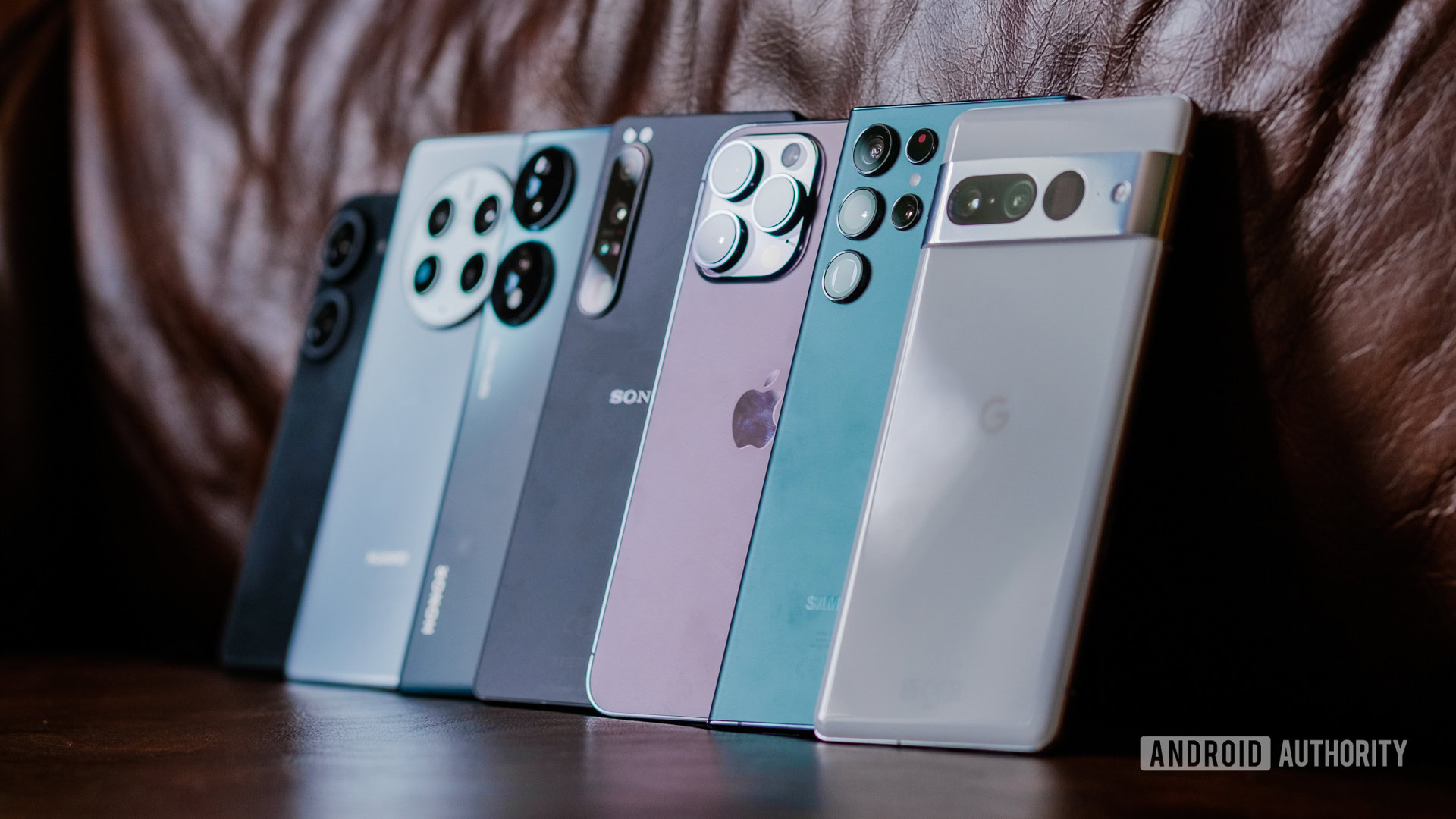
Buying carrier-locked phones used to be the norm. With shoppers becoming more knowledgeable about smartphones in general however, the unlocked route is becoming increasingly common, if not the standard way to buy a smartphone.
So the big question then becomes: is that the right way to go, or should you still consider carrier-locked phones?
If you’re tech-savvy and can afford the full cost of a smartphone in one go, we highly recommend buying unlocked. The pros far outweigh the cons when it comes to buying unlocked phones vs carrier phones.
If you’re a little tech-shy or reluctant to spend the hundreds (or thousands) of dollars you’d need to buy a smartphone outright, maybe carrier-locked is the way to go. Your ability to use the device may be limited, but at least you’ll know you’ll be able to get help when you need it, and you won’t need to spend a large amount of cash upfront.
Do you buy your devices unlocked or prefer the simplicity of buying through a carrier? Let us know in the comments!